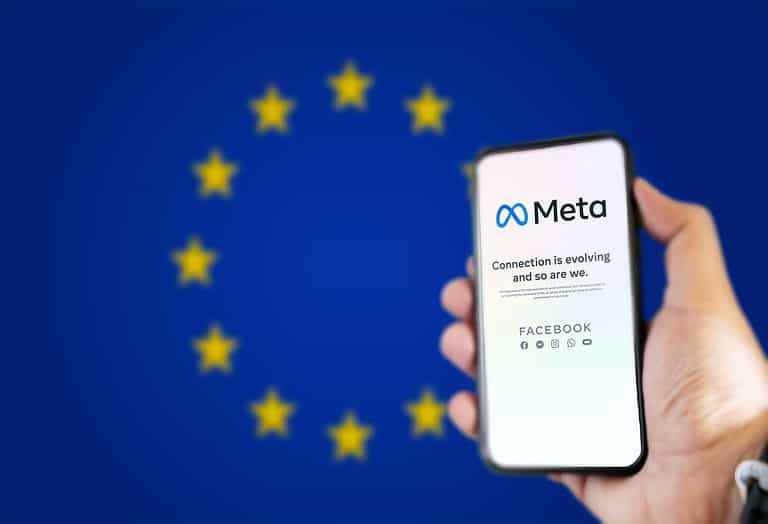Once again, European users are weighed down by AI restrictions. Under the EU AI Act, Meta would refrain from launching multimodal AI models within the European Union.
Axios first reported on the news. Meta points the finger at Brussels, which would not clarify what is and is not allowed with AI technology. “We will release a multimodal Llama model over the coming months, but not in the EU due to the unpredictable nature of the European regulatory environment,” Meta said. As a result, Europeans will miss out on Meta’s offering of multimodal AI models, which can process and combine text, images and/or sound.
Following in the footsteps of Google and Apple
Tech companies often blame European regulations for similar curtailments. For example, Apple Intelligence, the most talked-about feature of iOS 18, will not appear in Europe in 2024. The Digital Markets Act (DMA) was the stumbling block in that case. “We are concerned that the integrity of our products could be harmed by the DMA. This could lead to users’ privacy and data being compromised,” Apple announced in late June.
Read more: Apple Intelligence not yet for European iPhones and Macs
The fact the AI Act is not the only regulatory stumbling block for AI vendors was already apparent. For example, Google Bard, which now goes by the name Google Gemini, did not launch in Europe until two months later in July of 2023. Initially, there were concerns within Google about the legal implications for potentially spreading disinformation through AI hallucinations. At the time, the Italian ban on ChatGPT due to privacy concerns had recently been lifted. Regulators throwing their weight around was therefore fresh in the memory.
AI Act not yet leading
The solution was supposed to be the AI Act later in 2023, which was eventually delayed to 2024. Where members of the European Parliament had full confidence in the legislation from the get-go, large companies expressed concerns early on. As a result, Europeans tend to miss the testing phase of AI solutions mostly and are forced to use older versions longer.
The Meta example, however, is more drastic. This company’s open-source offering of Llama models is considered a popular standard and is available in Google Vertex AI, within AI search engine Perplexity and incorporated into various AI solutions, among others. Its most advanced model not appearing in Europe will hurt developers as well as users in due time.
Also read: AI Act: Europe is blind to the law’s innovation problems
